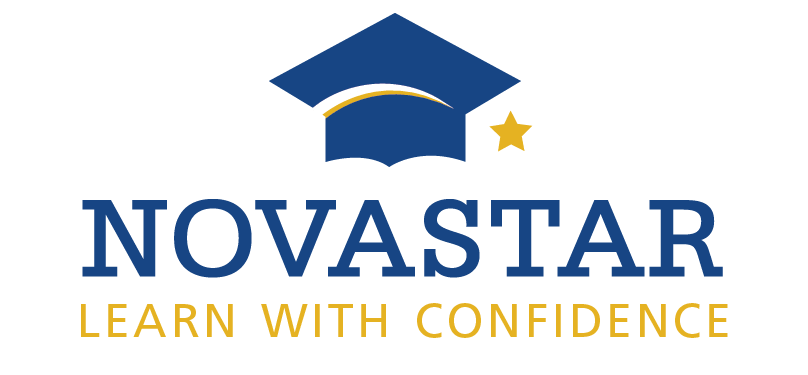04 Oct
2016
The Importance of Time Management
257
No Comments
Why is time management useful? The answer is simple; it allows us the opportunity to efficiently achieve our goals in all areas of life! According to Wikipedia, “Time management is the act or process of planning and exercising conscious control over an amount of time to increase effectiveness, efficiency or productivity.” Useful techniques for developing time management skills. 1.) Create a daily,… Continue reading
09 Sep
2016
How the Unorganized Become Organized
165
No Comments
The first obstacle you face when your student does not have innate organizational skills is that helping your student become organized will take some time. The second is that finding a method that works may involve a lot of trial and error. Developing organizational skills takes time, effort, and cooperation to become habits. The goal is to develop skills that your student… Continue reading
25 Aug
2016
The Trap of “Smart”
174
No Comments
Can the words we use to praise our students sap the motivation to learn? Why is it that some students seem to excel at school right away, then burn out, while other students start slow, but finish first? Good Intentions That Trigger the Trap Emma and Noah wait for their teacher to return their… Continue reading
19 Aug
2016
Study Tips for Auditory Learners
200
No Comments
Who are Auditory Learners? Auditory learners learn best through hearing information. They tend to remember things that have been said to them better than information presented in charts, diagrams, and in print. Note: While the ideas below are geared towards the strengths of auditory learners, this information can be beneficial for all learners. Study Strategies for… Continue reading
18 Aug
2016
How to Change the Way We Teach Writing
Walking through the mall, huddled around their lockers, even sitting on the couch, students are glued to their cellphones. Whether they are minimizing their thoughts into 140 characters or less on Twitter, or actively engaged in a group text message, young people flex their writing muscles consistently throughout the day. Next time you see your son… Continue reading
17 Aug
2016
Basic Problems with Basic Math
Let’s start with the basics. For some students, math isn’t easy. I teach physics and see a lot of math phobia and anxiety. I have also found a common theme: most of the students I teach learn math a different way than how they have been taught. At some point, they throw up their hands, put up their virtual “I just… Continue reading
09 Aug
2016
How to Keep Students with ADHD Engaged
179
No Comments
What captures your attention? Have you ever been so engaged in something that you could spend hours focusing on it? Students with Attention Deficit Hyperactivity Disorder (ADHD) struggle in schools when, often, there are no adaptations to engage their fluid minds. Often it takes a special approach to reach students who experience hyperactivity. However, academics agree that ADHD does… Continue reading
05 Aug
2016
Book Matching Sites to Help Your Student Find Their Next Great Read
Are you trying to find the next great read for your student? These tools can help you find the perfect book to encourage a love of reading. Scholastic Book Wizard: Search for All Books Grade levels 1.0* to 12.9 Is your first grader all about alligators? Does your middle schooler eat, sleep and breathe… Continue reading
04 Aug
2016
Adaptions for Students with ADD/ADHD
143
No Comments
Schoolwork can become a much-dreaded task when each assignment takes twice as long as it should to complete. Due to constant distractions, children who suffer from Attention Deficit Disorder and Attention Deficit and Hyperactive Disorder (ADD/ADHD) frequently find themselves spending much more time on schoolwork than their peers. This extra effort often agitates students and demotivates them from attempting… Continue reading
04 Aug
2016
Why Schools Need Art Programs
Art programs are growing in popularity in more school districts across the country. Discoveries in childhood mental development say that practicing arts has several benefits. Art enhances neural pathways that enhance muscular coordination, emotional intelligence, confidence, and physical well-being (2). Educators now implement a myriad of artistic methods in subjects from American History to Math! And the results have been remarkable! Music and… Continue reading
